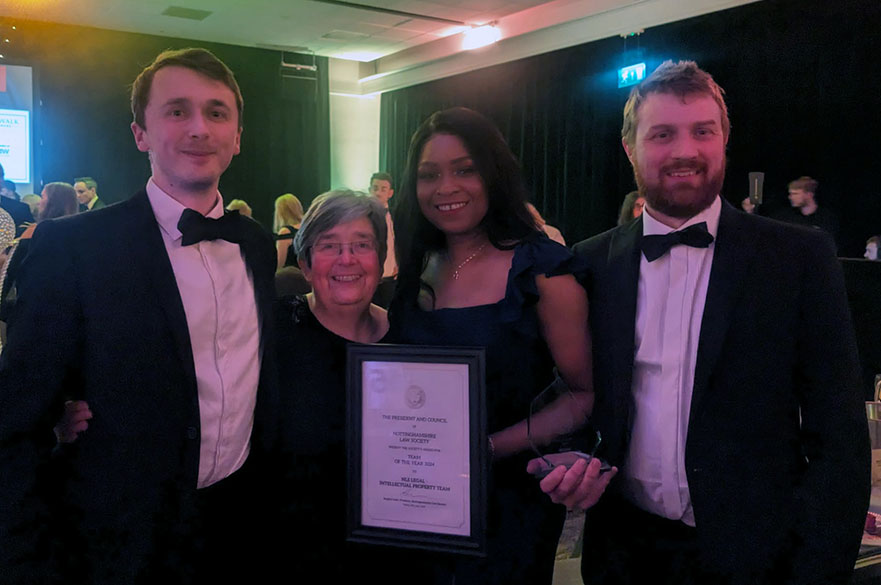Expert blog: Government response to Supreme Court Rwanda ruling prompts déjà vu of Australia’s doomed ‘Malaysia Solution’
Associate Professor Liz Curran, Nottingham Law School, explores the similarities between UK and Australian government plans to ‘stop the boats’.

Those on the ground in Rwanda such as the British Red Cross, have expressed their concern about the ‘Rwanda Solution’ – the UK government’s plan to send asylum seekers to Rwanda.
Human Rights Watch noted in its October 2023 report that ‘the failure of the international community to recognize the severity and scope of the Rwandan government’s human rights violations, both domestically and abroad, as well as the ruling party’s growing hostility toward those it perceives as challenging its power, have left many Rwandans with nowhere to turn.’
The Supreme Court relied on evidence of the current ground situation in Rwanda to conclude the country is not safe, contrary to claims. Rwanda does not become a ‘safe place’ just because a Prime Minister, a law, regulations, Memorandum of Understanding, or a treaty say it is so.
As an Australian, now working in the UK, the reaction of the government to the United Kingdom Supreme Court’s unanimous decision brings a sense of déjà vu.

Unsurprising, as this poor law is modelled on a failed similar attempt by Australia to ‘Stop the Boats.’ The language used in the government’s response is not only reminiscent of the Australian government’s reaction to a similar High Court ruling in relation to the so-called ‘Malaysia Solution’ in 2011 but almost verbatim.
Similarly, the Australian High Court’s intervention, found that the Arrangement between the governments of Australia and Malaysia on Transfer and Resettlement offshore and was not capable of complying with legislative protections and the Convention of the Status of Refugees (‘Refugee Convention’).
Yet, the UK government has and will waste yet more money in legal fees, not to mention the public tax burden. It is estimated to cost £169,000 per person to send illegal migrants to Rwanda, combined with £140 million handed to Rwanda when the UK signed the initial deal.
The exact figure could be more, but it is ‘commercially-in-confidence.’ Money wasted and to little effect and more to be invested to patch things up.
An alternative solution would be for governments to seriously work together in a concerted way like never before, developing humane policies to respond to the root causes of flight. Also, managing backlogs in cases would also be a worthwhile investment and save on downstream costs on hotels and barges.
All the ‘plans’ to pass ‘emergency laws’ and make a treaty will not address the criticisms of the court’s decision. They are gimmicks designed to rally populist support for an unworkable policy that was always a knee jerk response to a complex situation.
One thing the government in its zeal and commentary deliberately obfuscates is that the fundamental role of any court in a democracy is to apply the law of the land and to hold our politicians to account when they overreach. This has occurred here.
That the law is ‘poor law’ and at the time of its passage was described as unlawful by top legal experts was ignored by government. To now feign surprise that the court has examined it and found the laws wanting, is a sign of hubris and failure.
Given such a poor track record no amount of legislative drafting will reduce the likelihood that any new endeavours to override the Supreme Court decisions would also fail. If a country is not safe and the behavioural, cultural, and human rights abuses are endemic then people will remain at risk. The courts have an obligation to ensure the laws are sound and protect human lives.
Dr Liz Curran, Associate Professor and Research Impact Lead, Nottingham Law School, Nottingham Trent University and Hon. Associate Professor, Australian National University, College of Law.
-
Notes for editors
Press enquiries please contact Helen Breese, Public Relations Manager, on telephone +44 (0)115 848 8751, or via email.
- Category: Press office; Research; Nottingham Law School


